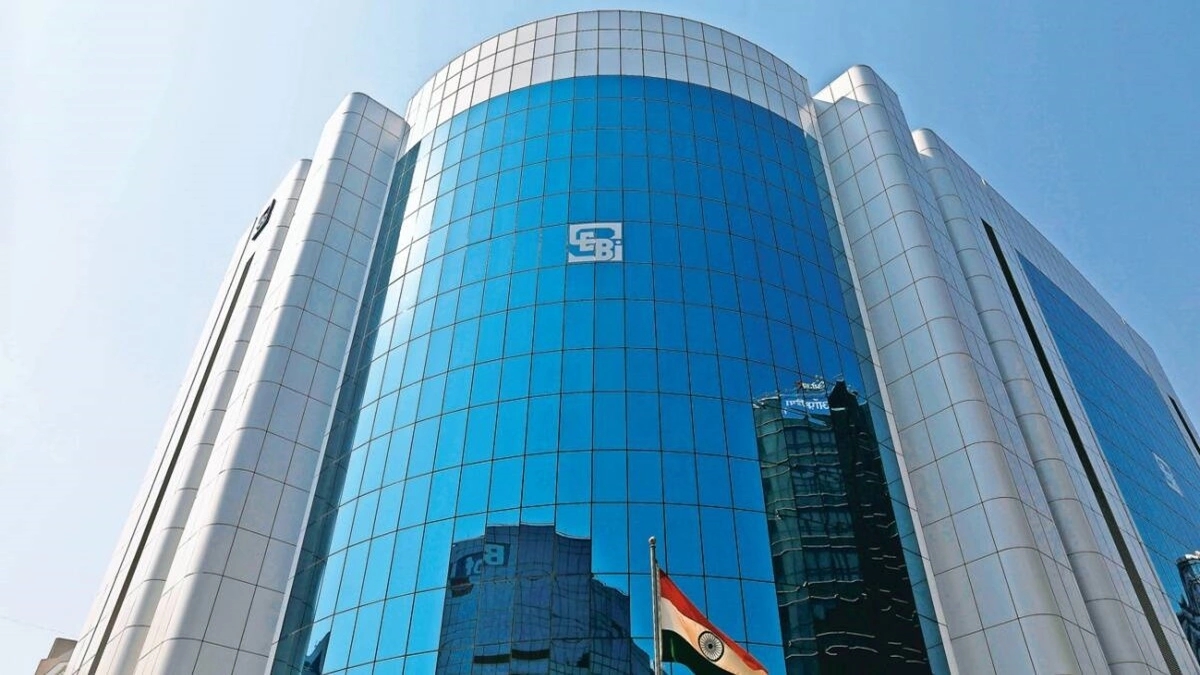01 Sep , 2022 By : Monika Singh

In a relief to Reliance Commercial Finance’s (RCF) shareholders, the Supreme Court has allowed its voting process to go through, saying any “unscrambling” of the resolution process will not only prove time-consuming but may also “adversely affect” the debenture holders (DHs) who have agreed to a negotiated settlement.
The dissenting DHs should be given an option to accept the terms of the Resolution Plan or pursue other legal means to recover their dues, the apex court said, while setting aside the Bombay High Court judgment that had allowed the shareholders to carry out a voting process based on the Debenture Trust Deeds (DTDs) signed in compliance with the RBI’s 2019 circular that is aimed at time-bound resolution of stressed assets.
A Bench led by Justice DY Chandrachud held that it was not the Reserve Bank of India (RBI) circular but the Sebi circular which would have applied to the manner of resolution of debt owed by RCFL.
“We are of the opinion that the Sebi circular has retroactive application,” the apex court said, adding that “the existence of the debt and the subsequent default by RCFL was the status of events, which existed prior to the issuance of the Sebi circular on October 13, 2020. Once it came into force, the Sebi circular applied to the manner of resolution of debt,” the judges said.
The apex court ruled that the compromise presently arrived at, which is in the interests of all the parties, will be disturbed if a new process is directed to be commenced by the Sebi circular at the present stage.
While applying its extraordinary powers to mitigate the potential denial of rights, the judges said that given the peculiar facts and circumstances of the present case, “we consider it necessary to extend the benefit to the retail DHs by allowing the Resolution Plan to pass muster.”
The court accepted the Sebi’s stand that the compromise/resolution mechanism arrived at the DTD level among the consenting debenture holders in terms of the HC order should not bind the dissenting DHs as it will prejudice them as they have to settle for a lesser amount – 24.96% of the principal among with a further 5% of the principal outstanding.
The conflict has risen in this case due to the application of two circulars issued by two regulators – RBI and Sebi. While the voting was conducted under the RBI (Prudential Framework for Resolution of Stressed Assets) Directions 2019, issued on June 7, 2019, that allowed the lenders to enter into Inter Creditor Agreement (ICA) for arriving at and implementing a resolution plan, Sebi said that the Sebi (Debenture Trustee) Regulations 1993 and its circular of October 13, 2020, were to be strictly complied with as they are meant to protect the interests of investors and to regulate the securities market.
Bank of Baroda had opposed the Sebi’s stand, saying that the Sebi circular does not apply to defaults under DTDs which pre-date its circular.
0 Comment